Steering Point Articles
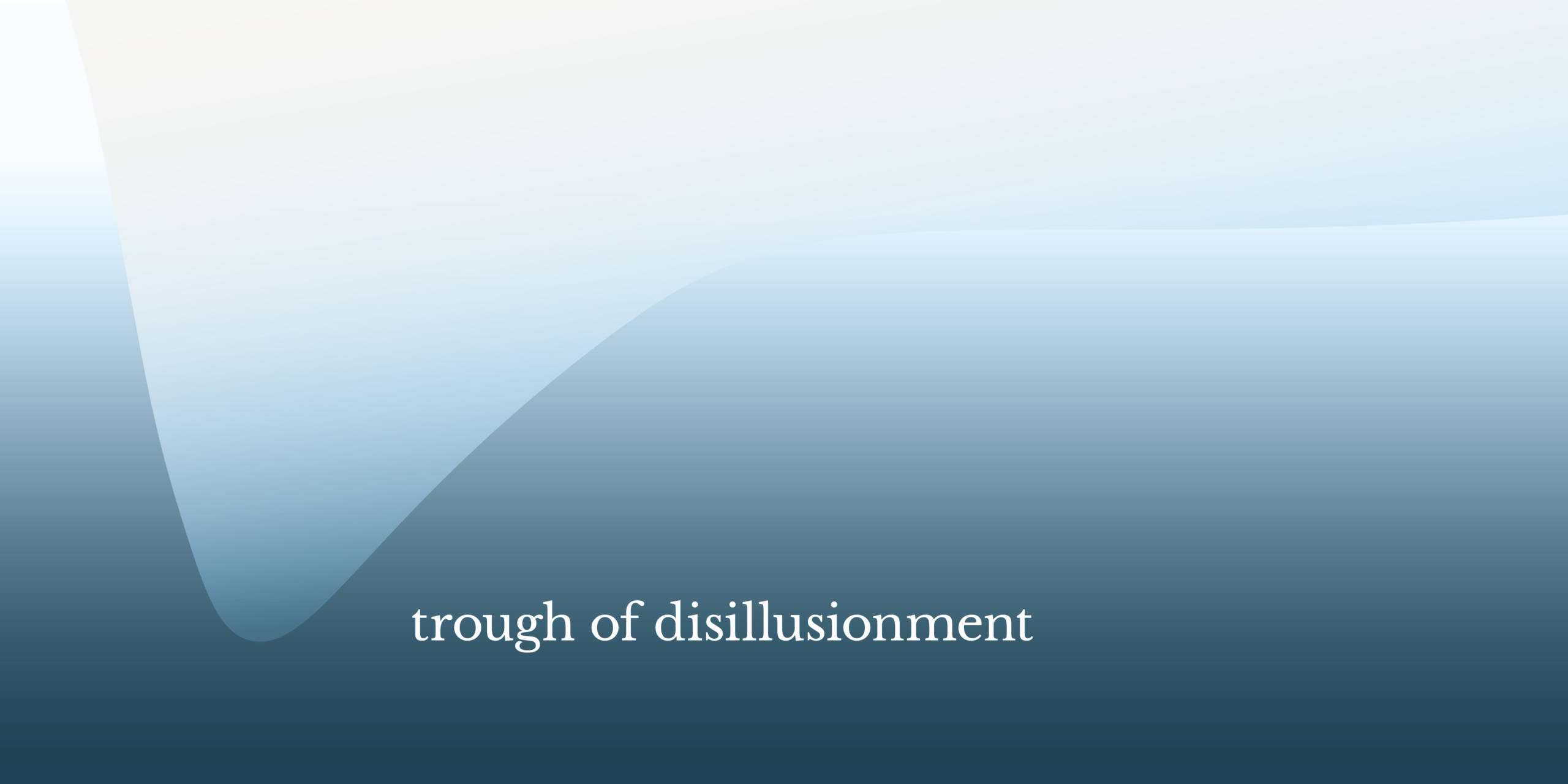
Avoiding the AI Experimentation Trap
The MIT Media Lab/Project NANDA recently released findings showing that 95% of investments in generative AI have produced zero returns [1]. This revelation comes at a time when the underwhelming launch of OpenAI’s GPT-5 has provided ammunition for sceptics questioning whether AI’s progress is slowing, with The Economist suggesting that generative AI is entering its […]
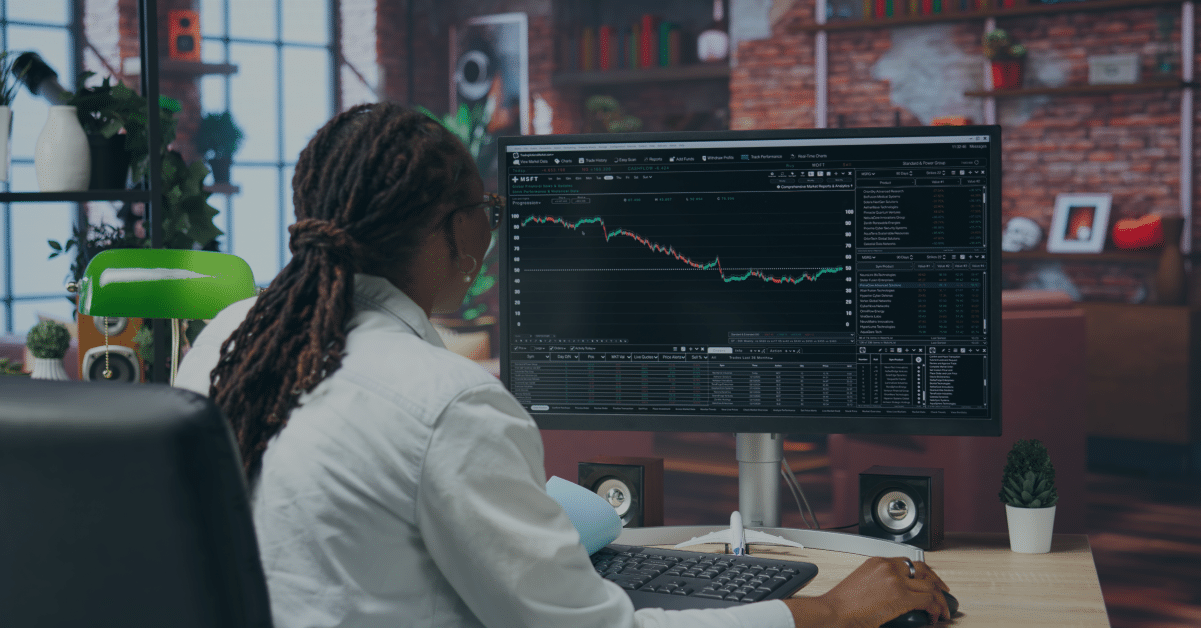
The Strategic Art of Startup Investment Timing
The collapse of Color Labs in 2012 stands as a stark reminder that massive early funding can become a startup’s greatest liability. Despite raising £41 million before even launching their photo-sharing app, the company shuttered operations within two years, leaving £25 million unspent [1]. The failure wasn’t due to lack of capital, but rather the […]

The False Choice Between Competition and Collaboration
In the corridors of corporate offices and the pages of business journals, leaders routinely frame competition and collaboration as opposing forces. This binary thinking suggests organisations must choose between fostering internal rivalry or promoting teamwork. Yet mounting evidence from across industries reveals this perceived dichotomy to be fundamentally flawed. The reality is that competition and […]
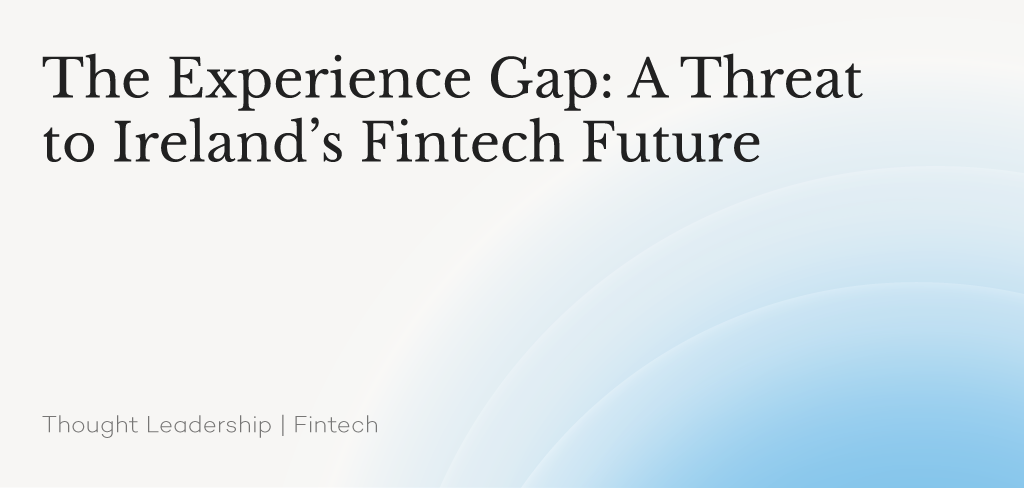
The Experience Gap: A Threat to Ireland’s Fintech Future
Introduction The fintech sector has experienced explosive growth over the past decade. Traditional banks, once reliant on outdated payment systems, have shifted towards digital banking and digital payments, with increased adoption of blockchain technology. This digitalisation of the banking industry has revolutionised financial services and accelerated the rise of fintech banks. The emergence of fintech […]
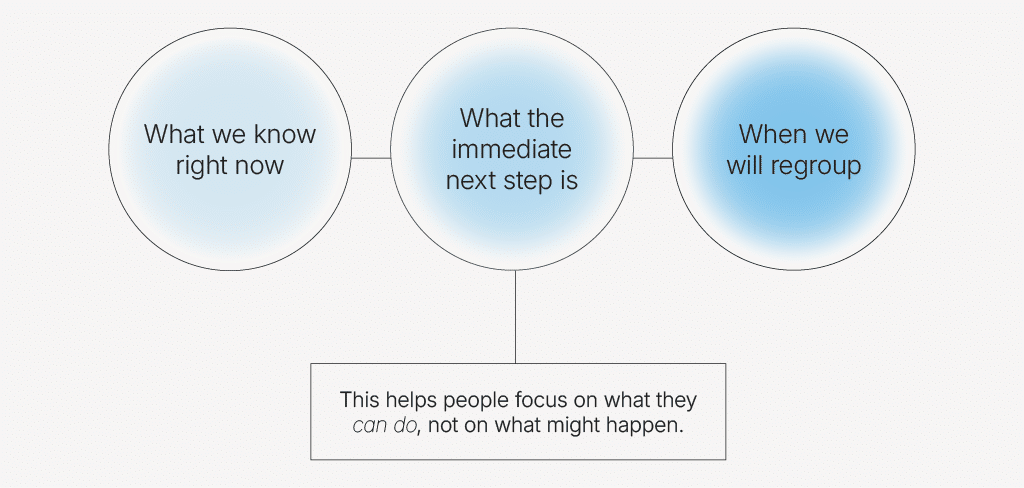
Why Leaders Should Master the Skill of Emailing in 3 Moves
A good chess player can think seven moves ahead. But ask any grandmaster and they’ll tell you: after the third move, the board always changes. New possibilities open, opponents react in unexpected ways, and the plan you had in your head gets reshaped by reality. Good communicators work the same way. Too often, especially over […]

Is Pay Transparency the Answer?
For decades, workplace culture has treated salary discussions as taboo, with managers routinely advised to maintain secrecy around compensation decisions. This conventional wisdom suggested that transparency would inevitably lead to dissatisfaction amongst employees who discovered they earned less than their colleagues, whilst those earning more would simply feel their compensation was justified. The result, according […]

Everything you need to know about ChatGPT-5
When OpenAI launched GPT-5 early this month, it positioned the model as the company’s “smartest, fastest, most useful” release yet [1]. Sam Altman, co-founder and chief executive, described it as a “major upgrade” and “the first time that it really feels like talking to an expert in any topic – a PhD-level expert” [2]. OpenAI […]

Conquering the summer slump
The irony of summer productivity is palpable. Despite longer days and the promise of increased energy from vitamin D exposure, workplace performance often plummets when temperatures rise. In the US, around 36% of workers report being less productive during summer months, whilst 34% admit to slacking off when their boss takes summer holiday [1]. The […]

Should you tell your boss about your disability?
It weighs heavily, the decision as to whether to reveal a hidden part of yourself that could fundamentally alter how others see you. It’s a choice that sits somewhere between vulnerability and strategy, between authenticity and self-preservation. But for the millions of workers living with invisible disabilities, it is less a philosophical musing than a […]

How to write a cover letter that actually reflects you (and helps you stand out)
“I hate cover letters. They add so much stress to the already uncomfortable and grueling job hunt,” admits Elainy Mata, a Harvard Business Review contributor, echoing the sentiment of countless job seekers who’ve stared at blank pages, wondering if anyone actually reads these things [1]. The unfortunate answer? Yes, they do. And in an era […]

Overcoming Anxiety at Work
Anxiety is a defining feature of the modern professional experience. It shows up in boardrooms and on building sites, at early morning check-ins and during late-night laptop sessions. It lingers behind confident emails and polished presentations, and increasingly, it determines not just how people feel at work but whether they stay. In Ireland, anxiety is […]
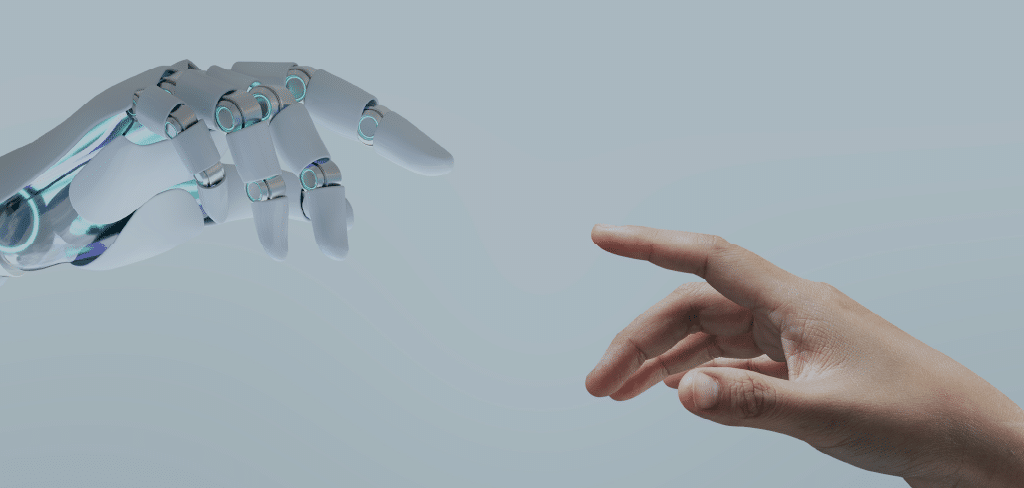
How AI has forever changed the hiring process
Artificial intelligence is no longer an emerging curiosity in the world of recruitment. It has become the default. In 2025, nearly every major company uses AI to some degree in hiring, whether for screening CVs, automating interview scheduling, or assessing candidates’ suitability for complex roles. A recent survey found that 99% of hiring managers now […]